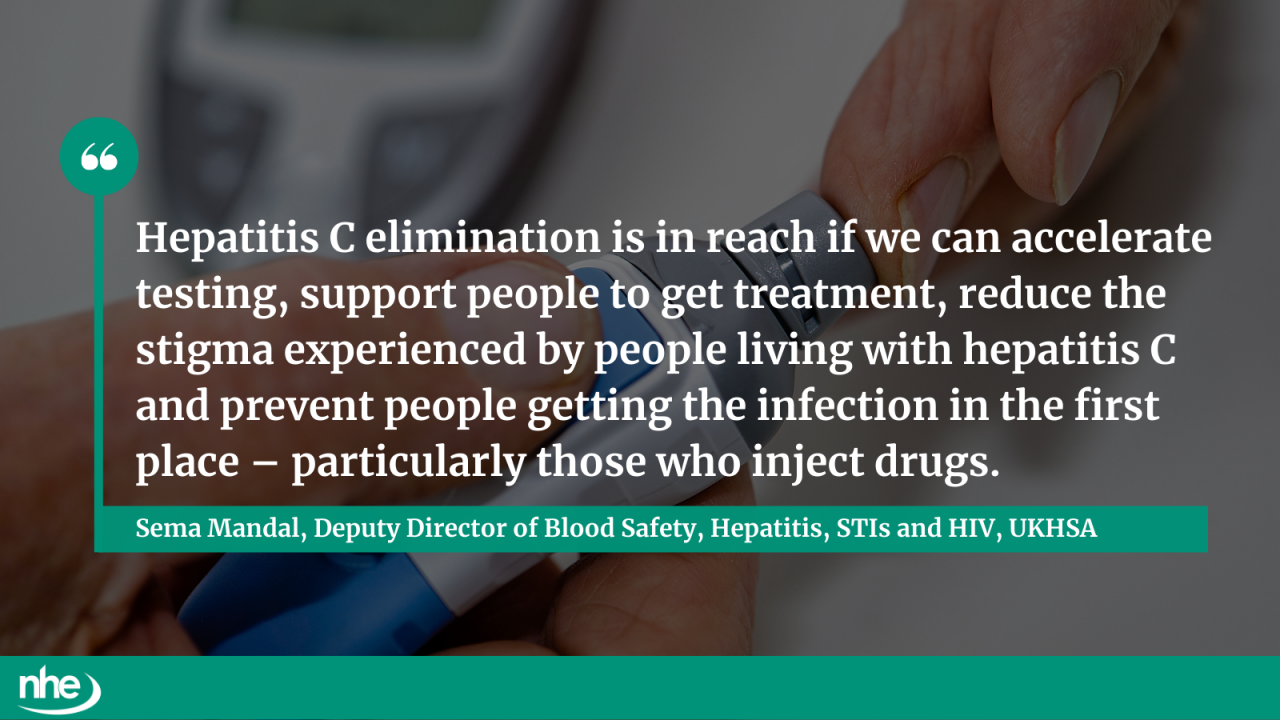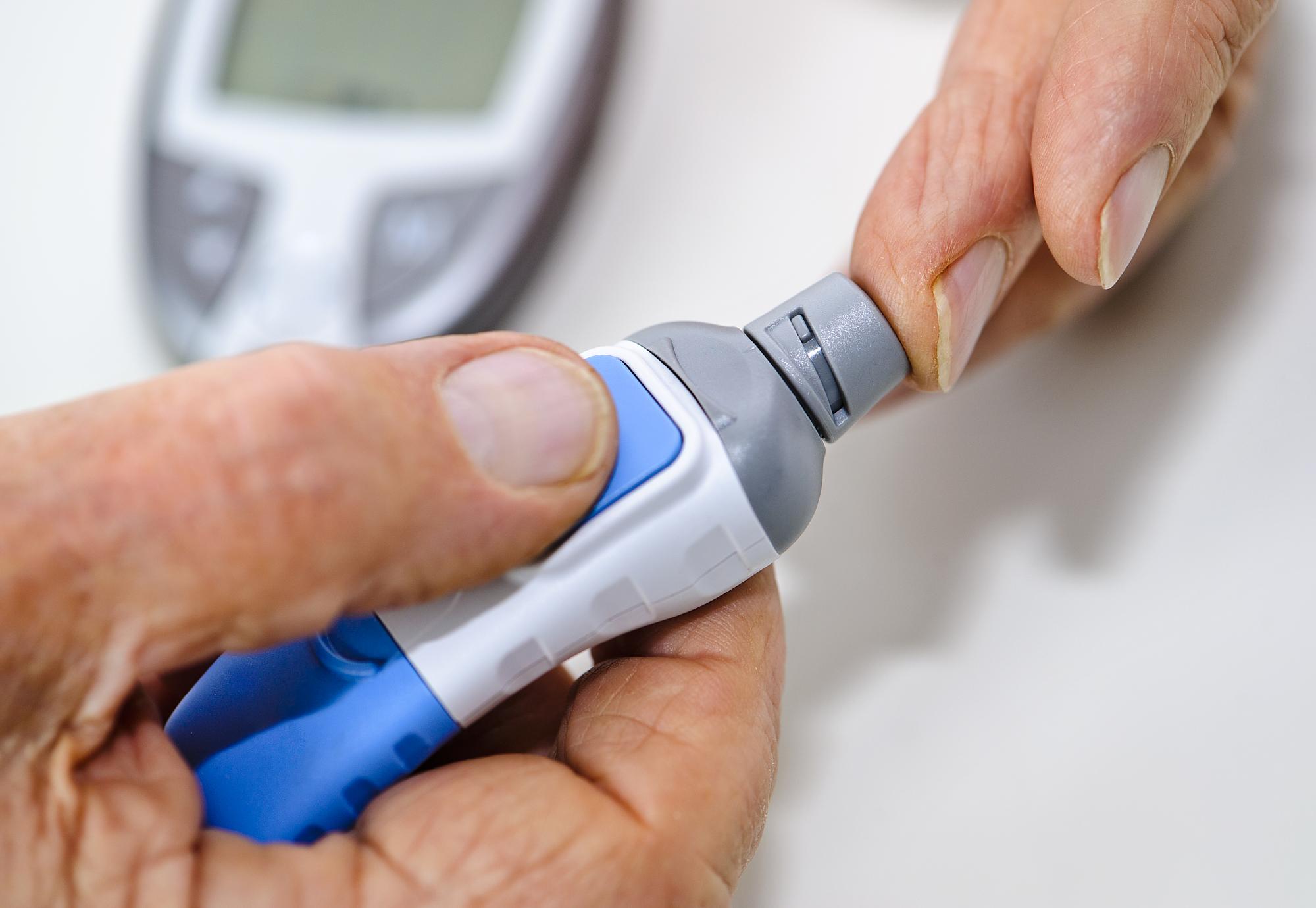More than 100,000 people in England have now accessed the NHS’s confidential hepatitis C home testing service, marking a major milestone in the country’s mission to eliminate the virus as a public health threat.
Since the launch of the at-home testing portal in May 2023, a total of 105,998 people have ordered test kits, with around 225 individuals successfully treated after testing positive. England remains one of the few countries on track to eliminate hepatitis C well ahead of the World Health Organisation’s 2030 target, thanks to coordinated efforts by the NHS, public health teams, and charities.
Hepatitis C is a curable virus, with over 90% of cases treated effectively using a short course of antiviral tablets. However, many infected individuals show no symptoms for years, making targeted testing essential to identify hidden cases and prevent serious complications such as liver failure and cancer.
Analysis of the testing data reveals that 70% of positive cases came from the most deprived half of the population, highlighting the importance of outreach in tackling health inequalities. The highest positivity rates were found among people aged 40–49, with common risk factors including injecting drug use, sharing needles, and a history of prison.
The NHS home testing kit involves a simple finger prick, with a small blood sample posted to a lab for analysis. The service is available in English and Urdu, supporting accessibility for communities at higher risk due to exposure in countries such as Pakistan and India.
Deputy Director of Blood Safety, Hepatitis, STIs and HIV at the UK Health Security Agency, Sema Mandal, commented:
“Our data shows that the number of people with hepatitis C in England is continuing to fall, thanks to more people getting tested and taking treatment that clears the virus. I’m delighted to hear that 100,000 of the free self-testing kits have already been ordered via NHS online, and this should further help us defeat this disease.
“Hepatitis C elimination is in reach if we can accelerate testing, support people to get treatment, reduce the stigma experienced by people living with hepatitis C and prevent people getting the infection in the first place – particularly those who inject drugs.
“Hepatitis C can go unnoticed for years because it often has no symptoms, so getting tested is the only way to know for sure. Early diagnosis means you can start treatment sooner and avoid serious liver damage.
“If you’ve ever injected drugs, even just once a long time ago, it’s important to get tested. You should also get tested if you’ve had medical treatment abroad and are unsure if the equipment was sterilised.”

In addition to home testing, the NHS offers hepatitis C screening in emergency departments, mobile testing vans, and drug and alcohol services. The GP Direct Access scheme also makes it easier for clinicians to refer patients for testing and treatment.
This initiative forms part of the NHS’s commitment to the 10 Year Health Plan, aiming to reduce health disparities and ensure that everyone has access to timely, effective care.
Anyone who may be at risk – including those who have ever injected drugs, received a blood transfusion before 1992, or had medical treatment abroad – is encouraged to order a free, confidential test via the NHS hepatitis C testing website.
Image credit: iStock



















